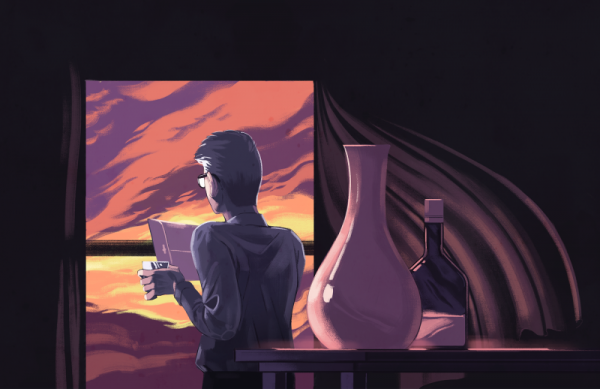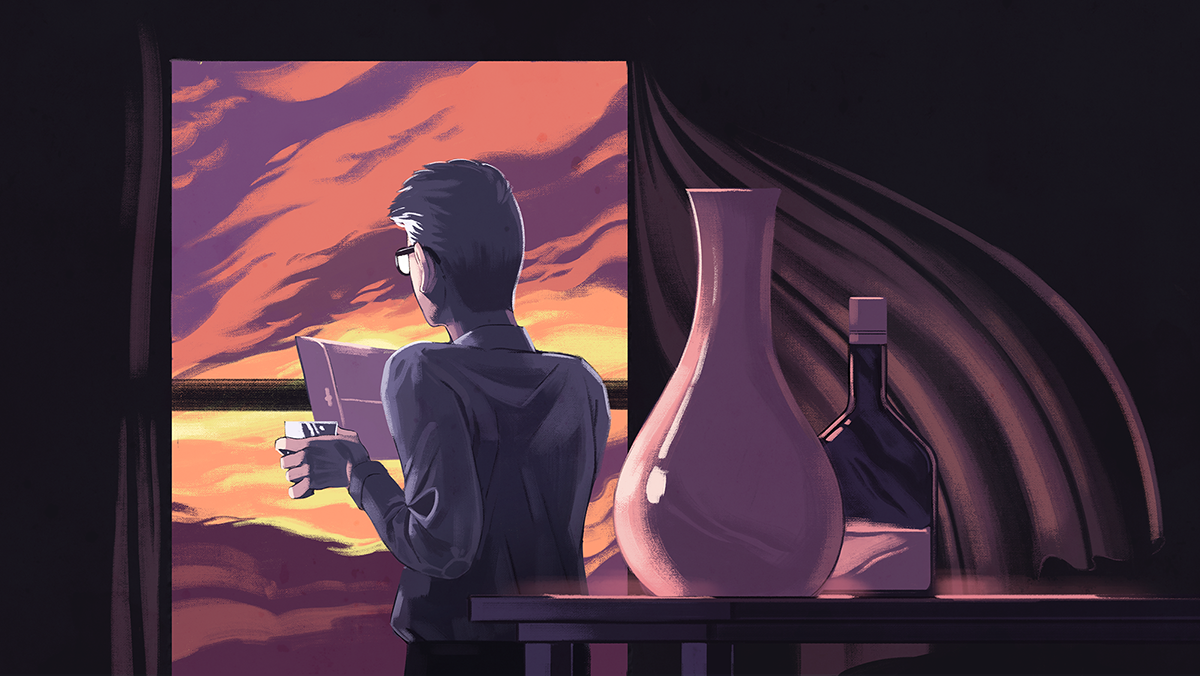Compare>Covet>Detest
I was scrolling around the internet today, looking for articles about envy and writers—long story—when I came across a web posting with the following title: “Do You Ever Feel Jealous of Other Writers?” What a stupid, stupid question. Writers are jealous of other writers always, all the time. Except the proper word here, I may point out, is “envious”—in that I’m not dating other writers and jealous of the time they are spending together. I’m envious of the publications they land, the publishers who publish them, the prizes they win, the agents who represent them, and of the lives that they lead. Is this comprehensive enough?
Also, lest you think I’m some kind of freak, I would contend that all writers are envious all the time. We covet. We compare. We detest. We are constantly insecure and then fret that nobody will ever read a word that we wrote again. Often they don’t.The good news is that they never really did. All those book sales were just coffee-table fodder.
Of course, in the age of social media we compare>covet>detest much more readily. The success of others is up in our collective grills all the time. Here is Johnny Peartree signing his National Book Award nominated collection of short stories, When the Moon Becometh the Sun, at your favorite fancy bookstore—the one where all the cool people go, the one where you take your friends to impress them that your city also has culture (even if this is the very last bookstore in the area and it is propped up by a trust fund from a retired hedge fund douchebag who, when he was nineteen, liked the class on the Lost Generation he took with the cool pot-smoking professor who taught class outside and sat cross-legged).
But Johnny Peartree just keeps smiling with that elegant I-have-a-monogrammed-handkerchief-in-my-pocket glint. His hardback books featuring a silvery image of an iguana climbing a palm tree in stark relief all come equipped with a sticker looking like a cartoon sun with little pointy isosceles triangles, creating interesting angles and pleasant associations leading back to Madeline L’Engel and whatnot when you experienced the “magic” of reading in your bunk bed with your flashlight when you were supposed to be sleeping. He flips his hair, which is, of course, perfect—coifed and curly and amber and brown and blonde all at the same time. He has a tasteful little beard with sexy salt-and-pepper flecks of middle-aged gray, except the gray isn’t gray—it’s classy metallic, matching his single earring and his gargantuan wedding ring that is the size of a plum. Of course, he wears it on his pinky. That’s how he got the six-figure book deal.

Let’s talk about you. You are a very good writer, sometimes even an excellent writer. However, you write too much. You don’t proofread as much as you should/could. You lack discipline and should hire an editor before you submit your shit. Also, you are a rank amateur at social media promotion. You don’t selfie. You tolerate Facebook but don’t like to put your latest concerns in front of everyone all the time. Instead, you hole away believing that the work will eventually speak for itself. Look at Emily Dickinson, you tell yourself. Emily Dickinson wasn’t appreciated in her lifetime and look at her now. But when asked for other examples, you balk. The Emily Dickinson fallacy this is.
However, you have had some measure of success. You have published a lot of books, even if they are published by the "Orange Asparagus Press" out of Heltkoben, Minnesota. “Who else have they published?” Your writer friends want to know. Lief Knudsen, you say. Lief Knudsen is also the publisher of Orange Asparagus Press and he’s eighty seven—though he claims his daughter has some interest in taking over the press if his health fails. “Welcome to the Orange Asparagus Family,” he wrote in his last e-mail from an AOL account that frequently fails. He encouraged you to promote your books through newsletters and by talking to your local librarian.
They are not Knopf books but Orange Asparagus Press does offer a thirty-five dollar advance, five free books (minus the shipping costs) and two and a half percent on all royalties before taxes—and minus the shipping charges. The covers don’t look bad exactly, but they don’t look good. Your last book featured an apple with a smiling worm wriggling out of it. You don’t believe the cover artist used clip art, but perhaps some (minimally) advanced version of it. The back-cover material featured blurbs. They are the same blurbs really that you used from the previous two books. One day back in 1999 you spent some time e-mailing, then, well-known authors begging for blurbs for your upcoming novel. So the blurbs are a little dusty and reference the novel which the previous publisher never published because the publisher, a nice lady by the name of Audrey Heller, decided the publishing gambit wasn’t for her and pulled the plug on "Cockroach Books" and moved to Italy to become a flower farmer. Or maybe it was Serbia. You still haven’t published that “gritty” novel—The Day of the Dirty Goat. Nobody wants it.
You think of Audrey Heller and her muddy life in Europe as you click through more high-definition pics of Johnny Peartree and his agent and his publicist sipping champagne and eating chocolate covered strawberries at the National Book Award ceremony. Look, there’s Toni Morrison. And look, there’s Ian McEwan—you didn’t know the Brits even attended such events. And who could that be but Jonathan Franzen. The shrimp cocktail glistens. The tower of $75/pound smoked Gouda looks so perfect it seems somehow molded. The prime rib on each perfect little white plate.
You, on the other hand, have never, ever won a writing prize. Not in high school, college, graduate school, for any tiny dipshit magazine. Not for any large magazine. You could even orally pleasure the judge for a writing prize and still find a way to lose it, you are positive. You are not the prize-winning kind. You are the put-your-nose-to-the-grindstone type and hope someone sees the value of your grit. You pin affirmative/inspiring quotes all over your writing studio. Your writing studio is not a separate, Waldonesque (but heated) building set back in the woods with the sprites and the friendly foxes. Your writing studio is a tiny eight by six room across from the highly frequented hall bathroom, sans sprites.
What you need to do, you know, is to stop comparing. You need to cut off the social media pipeline and just be yourself, world be damned. But it is so difficult when the world—the success—is right there in front of you and isn’t that what you are after? You mull over the idea of writing up a nasty review of When the Moon Becometh the Sun on Goodreads (under a fake name) just to feel better about yourself and bring Mr. Peartree back down to Earth just a bit. Except you know that Mr. Peartree probably retains enough self-confidence that he ignores such trifles and anyway he has people for that. Handlers. You once had an assistant who helped you for a summer—she was a student intern and you didn’t tell her ahead of time that part of her internship would be helping you advance your career. Except, did it?
When you make your nightly preparations you kneel down in front of your bed and beg for the secret sauce (at least internally you do). How did Johnny Peartree do it? What is it about his preposterous plots and lyrical sentences and pseudo-magical realism (talking salt shakers—really?) that is so utterly compelling? Did his best friend at Cornell start up a literary agency and he was lucky enough to get in early? Did he sleep with the right person multiple times? Did he win them with obscure multisyllabic words? Whatever his secret is, you will follow suit. And you will do so happily. What is the trick? What is it?
Recommended
Nor’easter
Post-Op Appointment With My Father
Cedar Valley Youth Poet Laureate | Fall 2024 Workshop







